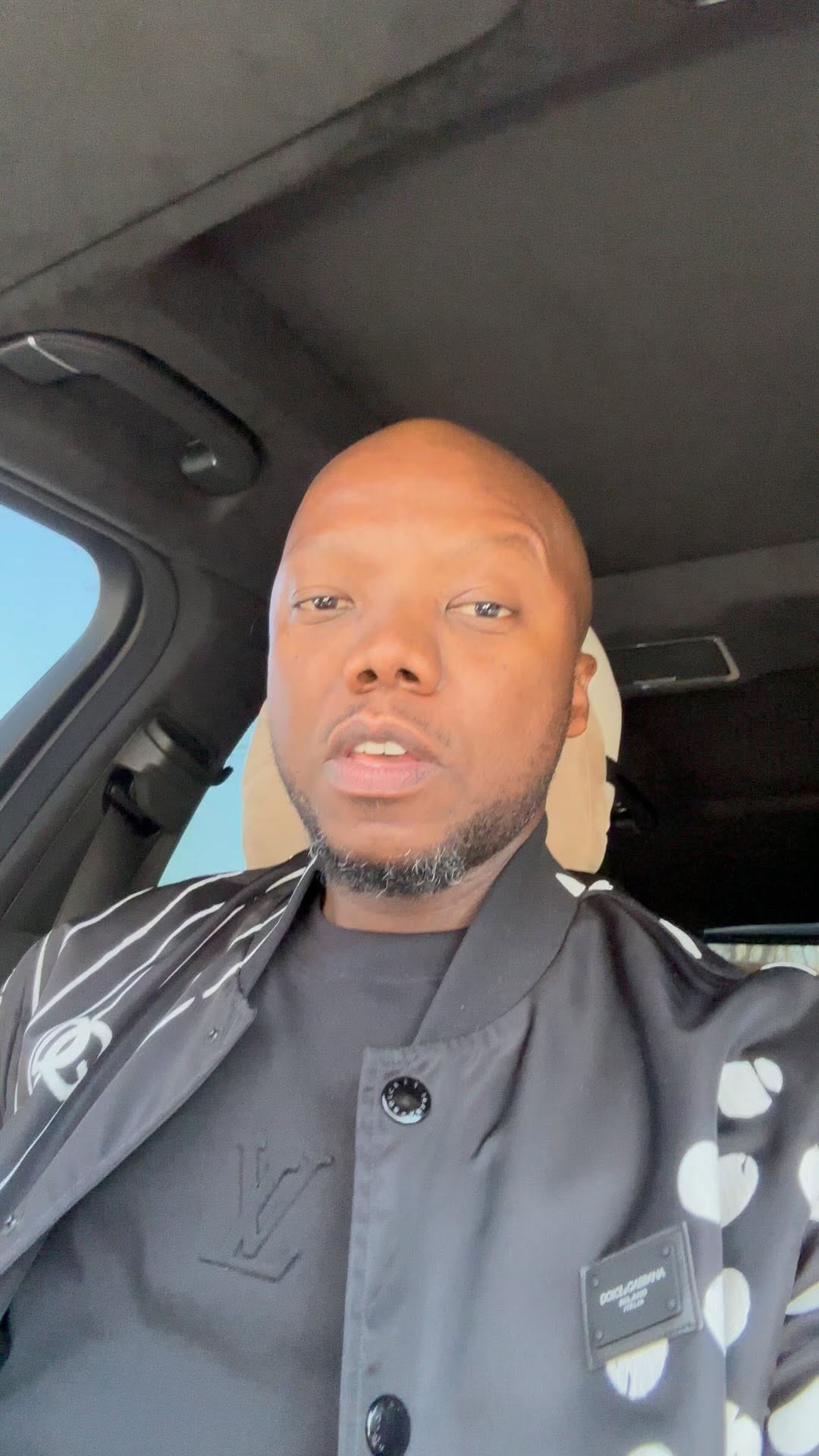Tbo Touch Applauds Australia’s Bold Move to Ban Social Media for Kids Under 16. South African media mogul and entrepreneur Tbo Touch has added his voice to the global conversation surrounding Australia’s groundbreaking legislation banning social media use for children under 16.
The regulation, aimed at safeguarding young users from the negative impacts of social media, has sparked debates worldwide. Touch, a vocal advocate for responsible technology use, praised the initiative as a step in the right direction for protecting children.
Tbo Touch Applauds Australia’s Bold Step
Australia’s Unprecedented Decision
The Australian government recently passed legislation prohibiting social media platforms from allowing children under the age of 16 to create accounts without verified parental consent. The move, which includes hefty penalties for companies that fail to comply, is part of a broader effort to address concerns over the mental health effects of social media on minors.
Prime Minister Anthony Albanese stated that the ban reflects a commitment to prioritizing the well-being of young Australians. We cannot stand by while our children are exposed to harmful content, cyberbullying, and addictive algorithms,” he said during a press briefing.
The new policy has already drawn international attention, with supporters praising it as a progressive measure and critics raising concerns about enforcement challenges and potential overreach.
Tbo Touch Backs the Initiative
Tbo Touch, real name Thabo Molefe, has long been a proponent of responsible digital engagement, frequently discussing the dangers of excessive screen time and the influence of social media on young minds. Reacting to Australia’s ban, he expressed admiration for the boldness of the policy.
“This is a win for parents and children worldwide,” Touch said in a statement shared on his social media platforms. “We’ve been talking about these issues for years, but Australia has taken decisive action. It’s time for the rest of the world to follow suit.”
Touch highlighted the detrimental effects social media can have on mental health, particularly for adolescents. He referenced rising rates of anxiety, depression, and low self-esteem linked to platforms that promote unrealistic standards and expose users to harmful content.
Protecting Future Generations
For Touch, the issue is deeply personal. As a father, he has been vocal about setting boundaries for his own children’s technology use. “I’ve seen how easy it is for kids to get sucked into these platforms, losing precious time they could spend learning, playing, or simply being kids,” he explained.
Touch also emphasized the role of parents in monitoring and guiding their children’s digital habits. While he acknowledged that technology has its benefits, he argued that safeguards are essential to prevent harm.
“This isn’t about demonizing social media,” he said. “It’s about putting the well-being of our children first. The digital world will always be there, but childhood is fleeting. We must protect it.”
A Call to Action for South Africa
Touch urged South African policymakers to consider similar measures, pointing to the growing concerns over cyberbullying, online predators, and the addictive nature of social media.
“South Africa has one of the highest rates of internet usage among young people,” he noted. “We need to ask ourselves: Are we doing enough to ensure their safety? The answer is no.”
He called for a multi-faceted approach that includes legislation, public awareness campaigns, and collaboration between government, tech companies, and parents.
“Change doesn’t happen overnight, but we can start by having these conversations and pushing for action,” he said.
Mixed Reactions to the Ban
While Touch’s support aligns with many parents and mental health advocates, the Australian policy has also sparked criticism. Opponents argue that enforcing the age restriction could be challenging and may lead to unintended consequences, such as children lying about their age to access platforms.
Tech companies have expressed concerns over the logistics of verifying parental consent and maintaining user privacy. Advocacy groups have also warned that banning children from social media could hinder their digital literacy and access to valuable resources.
Touch, however, dismissed these criticisms, stating that the potential benefits outweigh the challenges. “Every policy has its hurdles,” he said. “But doing nothing is not an option.”
Shaping a Safer Digital Future
As the conversation around Australia’s social media ban continues, Tbo Touch’s endorsement adds a significant voice to the push for global change. His perspective resonates with parents, educators, and advocates striving to protect children from the pitfalls of an increasingly digital world.
“This isn’t just about Australia; it’s about setting a precedent,” Touch concluded. “If we care about the future of our children, we need to act now. Social media can wait—they can’t.”
Australia’s move has ignited a global dialogue about the role of social media in young lives, and figures like Tbo Touch are helping to keep the conversation alive, urging policymakers to prioritize the well-being of future generations.
Source: Zimoja
In other news – Mawhoo Unveils Stunning New Double-Storey Home
Mawhoo, the celebrated South African artist and entrepreneur, has just shared an exciting milestone in his life—his brand new double-storey home. The singer took to social media to give fans a tour of his luxurious abode, which has quickly become the talk of the town.
The unveiling of his new home provides a rare look into Mawhoo’s life beyond the stage, showcasing his taste for high-end living and the fruits of his hard work and success. Read more





